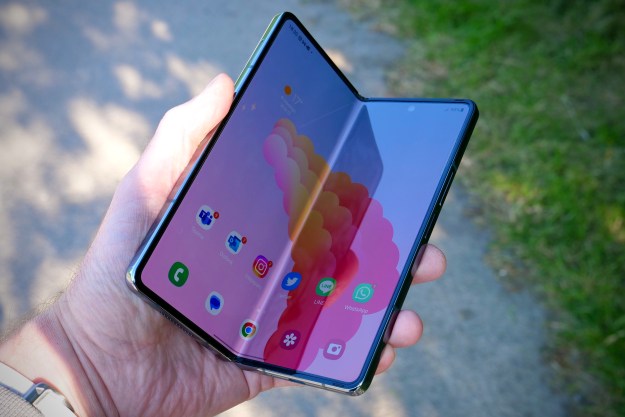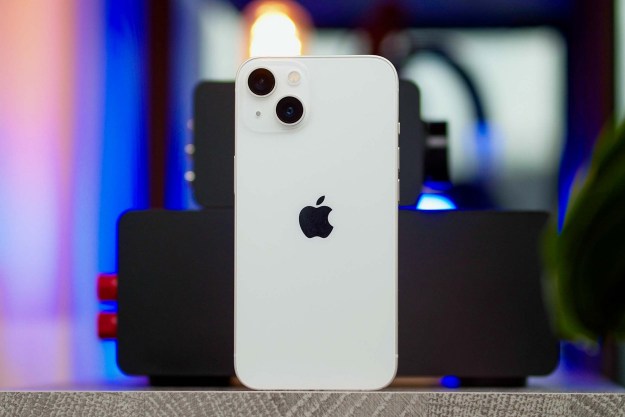
That led the way to the creation of FirstNet, or the First Responder Network Authority, in 2012. FirstNet’s mission is to “build, operate, and maintain the first high-speed, nationwide wireless broadband network” exclusively for public safety use.
Two groups are reportedly bidding to partner with FirstNet to become the first Nationwide Public Safety Broadband Network, or NPSBN — and Rivada Mercury just announced its plans in hopes of becoming the winning bidder. The winner will likely be chosen by FirstNet in the fall, and will be awarded around $6.5 billion to lay out the infrastructure and cell towers to power the NPSBN.
Rivada Mercury is comprised of several “anchor partnerships,” including Rivada Networks, Nokia, Ericsson, Intel Security, Harris Corporation, Fujitsu Network Communications, and Black & Veatch. The group has also partnered with a major carrier, but hasn’t disclosed the name due to the nature of the competitive process.
Rivada’s plan, backed by the likes of Martin O’Malley and Jeb Bush, each a former governor and former presidential candidate, is to build out Band 14, the valuable spectrum allocated for public safety. While doing so, a Mobile Virtual Network Operator would offer bandwidth to enterprise customers, which would be leased from the partnered, major carrier.
FirstNet set a requirement for these bidders to deploy the spectrum for commercial purposes, and that’s because emergency responders won’t be using this spectrum most of the time — it’s primarily there for large-scale urban emergencies like 9/11. When emergencies do occur, this MVNO would be able to flip a switch to push the bandwidth for first responders.
Rivada Mercury is betting on its Dynamic Spectrum Arbitrage technology to beat the competition. It allows Rivada to sell the spectrum to “commercial tenants,” and that would allow enterprise tenants to share and allocate bandwidth.
“As a pioneer in dynamic spectrum arbitrage, Rivada Mercury’s innovative technology will both fund the FirstNet build-out and sustain operation and maintenance by selling excess capacity to commercial users,” said Joe Euteneuer, Rivada’s co-CEO.
Fortune reports that the other bidders include AT&T and Motorola, and one other group, but the final list of bidders is uncertain as others may still come out and announce that they will participate in the bid. Construction on the NPSBN is slated to begin in 2017, if the winner is indeed announced in the fall.


